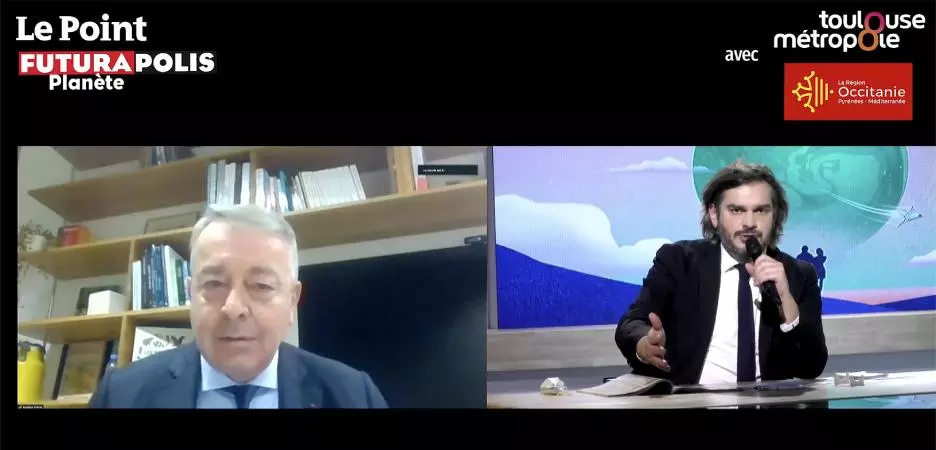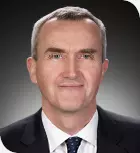For three days (November 12-14), Futurapolis Planète invited experts to discuss the future of humanity and its interactions with the global ecosystem. This annual forum, organized by the French magazine Le Point, brought together public and private players, and was held both live and digitally. Invited to speak on "the urgency of ecological transformation", Veolia Chairman and CEO Antoine Frérot presented his analysis. Frédéric Van Heems, CEO of Veolia's Water business in France, shared his views on the question "Should we leave the city?"

Putting ecology at the heart of all decision-making
Given the magnitude of the environmental challenges facing humanity, a much more ambitious goal than that of transition is required: an ecological transformation is needed. Unlike transitions that may just be endured, transformations are voluntary. They require effort, determination and perseverance. They are faster than transitions, which sometimes span decades.
In view of the environmental emergency, Antoine Frérot pointed out that action needs to be taken quickly because the problems are worsening: greenhouse gas emissions are increasing. In its latest report, the IPCC recommends a 45% reduction in anthropogenic CO2 by 2030 compared to the 2010 level.
Ecology must be at the heart of all decision-making. There is not only the problem of the climate, but also that of the over-exploitation of the planet's resources (scarcity of water, soil and energy, loss of biodiversity). If we want to reverse the trend we have to make up our minds now, because it will take time to move forward at a pace that is acceptable to everyone and is not too painful.
Putting a cost on pollution
For Antoine Frérot, putting a cost on pollution means applying the "polluter pays" principle, where those that pollutes pay, and the money is used to help those that clean up the pollution.
If the cost of pollution is high enough to make it more expensive to pollute than not to pollute, all economic operators will look for ways of avoiding polluting. As has been seen with water pollution over the past 50 years, it is a very effective principle.
In the case of carbon, over a sufficiently large area such as the European Union, applying a levy would be effective. A border tax would have to be added, which would have a knock-on effect for all those wanting access to the European market. If this carbon levy were to reach €30 to €40 per tonne of CO2 emitted, and given that a recycled plastic bottle emits 70% less CO2, recycled plastic would be cheaper to produce than virgin plastic. The reduction would be even greater on recycled metals, such as those used in batteries (lithium, cobalt); the volume for treatment will explode as of 2025. In France, businesses are experimenting with these solutions and then exporting them. This is what Veolia is doing with its battery recycling plant in Moselle, and with its photovoltaic panel recycling unit in Le Rousset.
Designing resilient, sustainable cities
Frédéric Van Heems pointed out that climate change is putting pressure on water resources in cities. Because it is a scarce resource, population density creates tensions and conflicts of use.

That's why a "quarter-hour city" - where all services are close by - cannot be compared with a city where the inhabitants are three quarters of an hour away from the city centre. And climate change, which is the primary concern of city dwellers, accentuates the contrast. We therefore need to move the city to the countryside and the countryside to the city.
Innovation will make it possible to invent greener cities that increase well-being and quality of life, and also more inclusive cities in terms of integration and jobs, thanks to partnerships between large companies, SMEs and local authorities. Treating micropollutants, protecting resources and a circular economy enables treated wastewater to be reused. Veolia is working on solutions that benefit the environment. In Toulouse, for example, rainwater recovered from depolluting gullies is reused to cool the city.
Cities, whether they be major urban centres or medium-sized towns that are increasingly attractive, need to adapt to the concerns of their residents and to climate change. Mitigation solutions (energy savings, circular economy), as well as adaptation solutions (cooling, local energy loops) should be rolled out. Veolia's digital solutions provide new remote services that reinvent the geography of cities.

